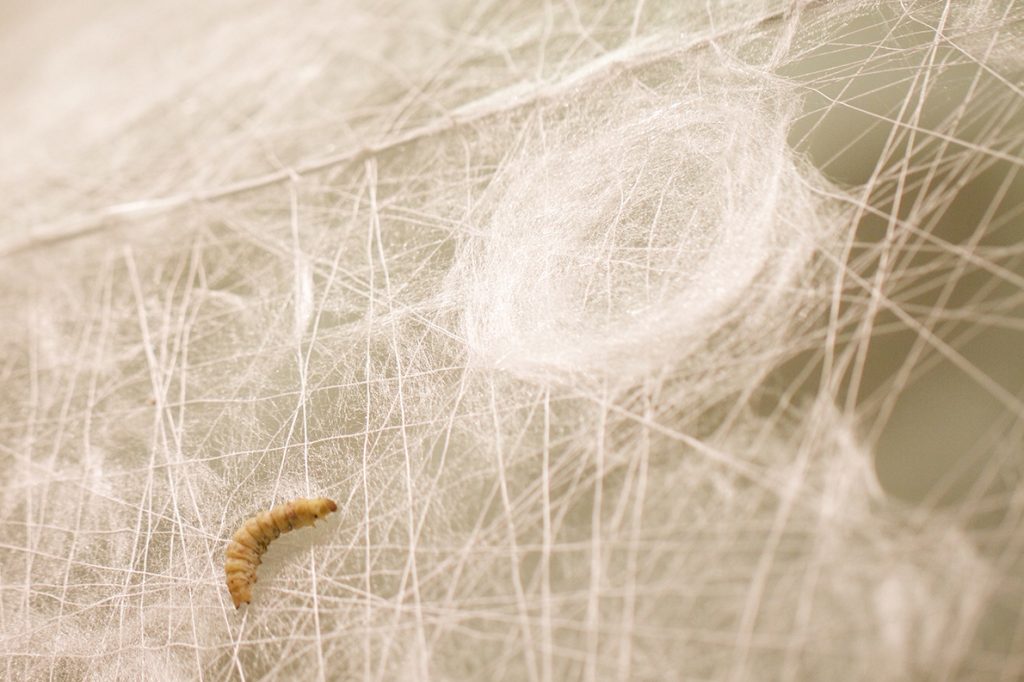An elderly man caught my eye on Decatur Street. He was encouraging tourists to drop money in a hat for his friend, a street musician. As we chatted, we realized we were acquainted forty years ago. He was the neighbor of a family I’m close to from the Tremé neighborhood of New Orleans. When I asked how he was doing, he replied, “a hard life makes a good song.” The past forty years had not been kind to him. I listened.
I have been trying to listen more – just listen – to wise elders and young people, to birds and trees, to the Earth, to the voice within. The reason for this deep listening is simple. The cries of the world are impossible to ignore and I am unable and unwilling to continue with business as usual. Shedding a few tears over today’s particular loss or atrocity is insufficient. A greater grief is required.
A friend in a Kosmos Circle said there is a bodhisattva named ‘Always Crying’. I can see why we need someone like that, a Great Being whose outpouring of grief is perpetual. And yet, rivers of tears alone are not enough, grieving alone is not enough, so I want to listen and learn what others are thinking and doing with all of this.
In our dominant culture, we don’t give grief its due. I remember when my Eritrean friend lost her husband, how the women in her community gathered around her. The children were cared for elsewhere and for three days my friend mourned, sometimes screaming with grief, sometimes silent with exhaustion. The circle of women wept with her, periodically ululating at moments of peak sadness. As the men smoked cigars and talked quietly in another room, the women grieved with their whole bodies. Those who were able, prepared food or served others until eventually, my friend, emptied of her tears, slowly resumed the rhythm of her life and was able to be there for her three children. This sharing of grief is a gift. A gift we all need now.
Opportunities to share our collective grief are rare. Thanks to the legacy of colonization, most of us are cut off from ancestral rituals or shared ceremonial practices that can help us heal. Our constant exposure to distressing news can lead to a sense of overwhelm or desensitization. Emotional detachment becomes a way to protect ourselves from the constant barrage of painful information. Yet, this very numbing can prevent the radical shifts or systemic changes most needed.
If we are so numb that we can’t even feel the suffering of the world, surely it will eat us alive. To enumerate the ways this is already happening is just to numb us even further. While writing these very words I just learned I have Covid. It’s ironic in a way, to have feared it so long when we are all living in a kind of fevered dream. How can we process our collective pain, all this garbage and brokenness?
Like the silkworm who eats the mulberry plant, pain is difficult to chew and hard to swallow. The leaves are tough and the edges are sharp. Yet, from this formidable food the tiny animal has an amazing capacity to produce a thread of perfect silk. Could it be that our pain is the very compost we need to grow our solidarity and renew our compassion?

Can we humans also learn to spin gold from straw? Is this what it means to sing a good song? Many beings are living hard lives, yet there is such beauty in life itself. As Earth suffers, she still sings her song of abundance. She sings in flowers and fruit trees, rivers and seas. The moon is still there for us, the morning dew.
In this issue of Kosmos, I feel the need to honor the weight of our pain, personal and collective. However, these stories also show us that healing is possible when we know how to grieve well. Approached with humility and reverence, it empties and transforms us. The Gift of Grief points to the need for shared ceremonial practices and offers examples of courageous healing. Just as artists draw inspiration from hardship to create raw, powerful work, our tears can wash away our illusions and bring us to clarity. Love, joy and beauty also have this power. We can’t ever forget that and they will always be found in Kosmos.
I don’t know yet how to grieve the world, but I think we can only grieve what we love. Love burns in the heart of mourning. Therefore, the call to grieve the world is not separate from the call to love it – to love the Earth and all who dwell here. We must be willing to hear the cries of the world and open our hearts. I am listening.
Kosmos Editor, R. Fabian

